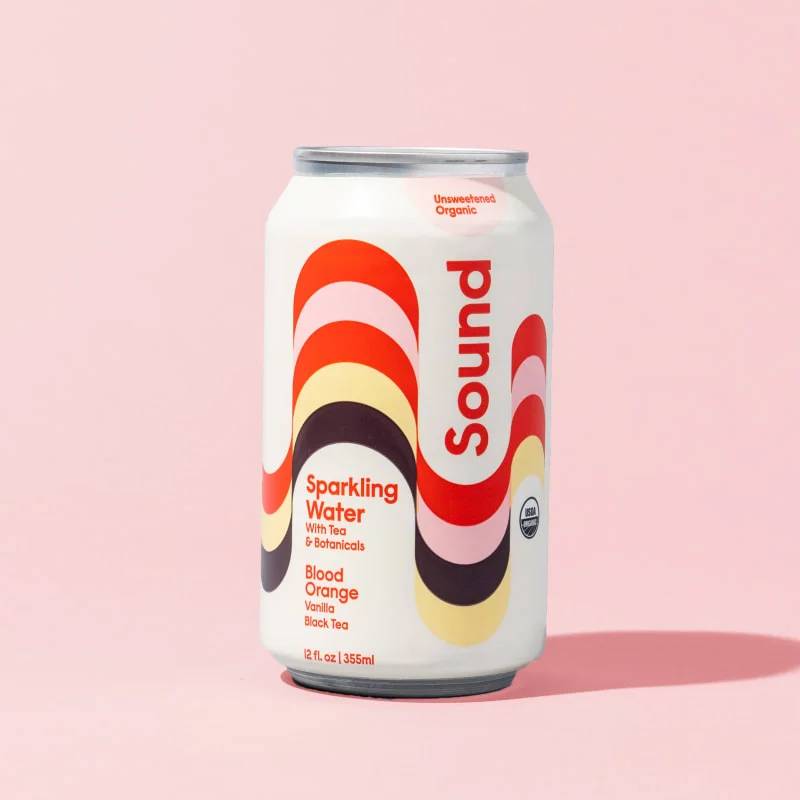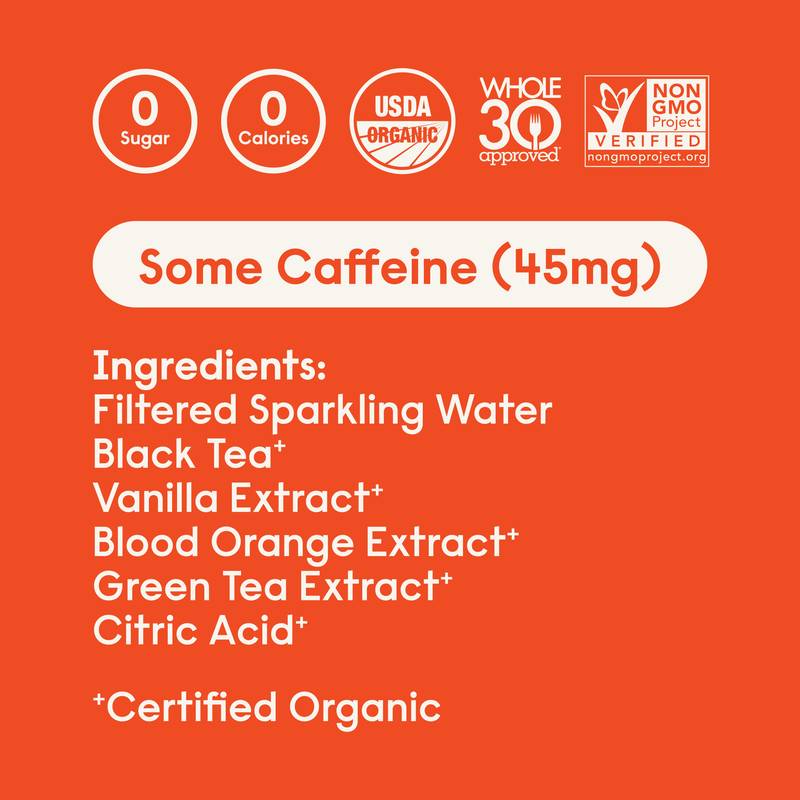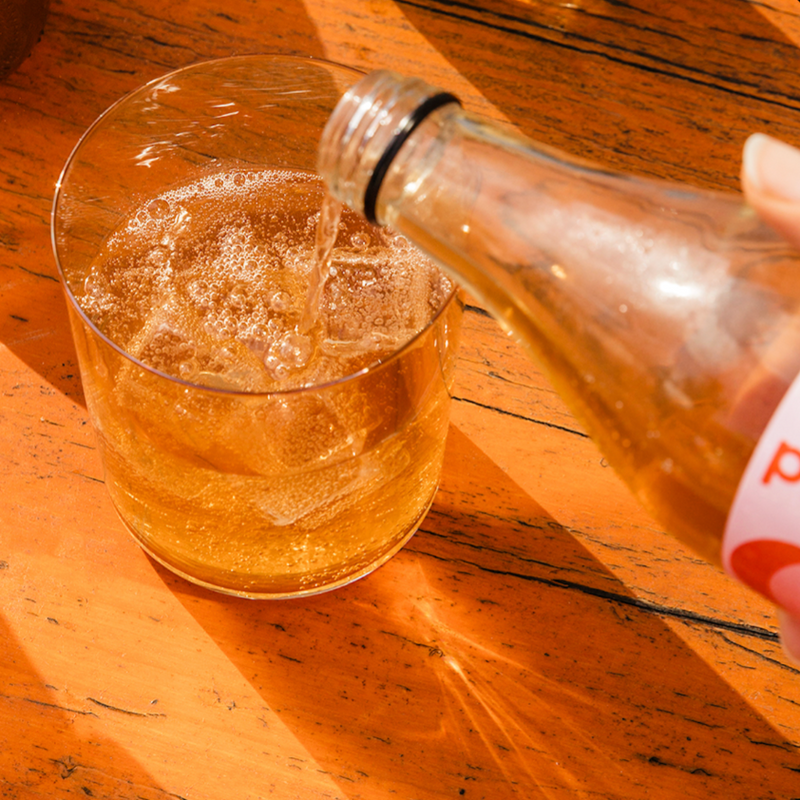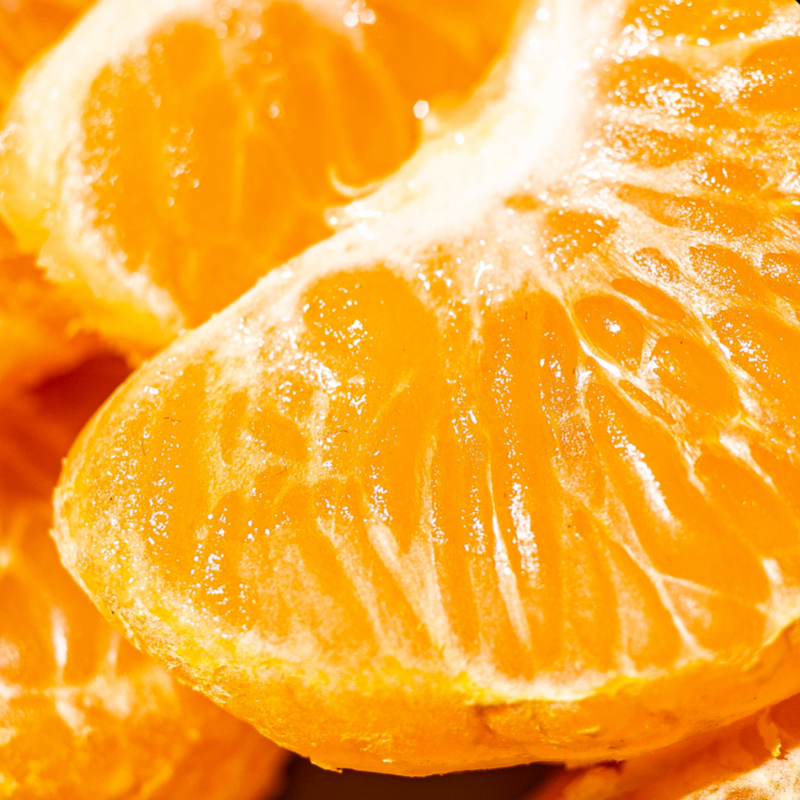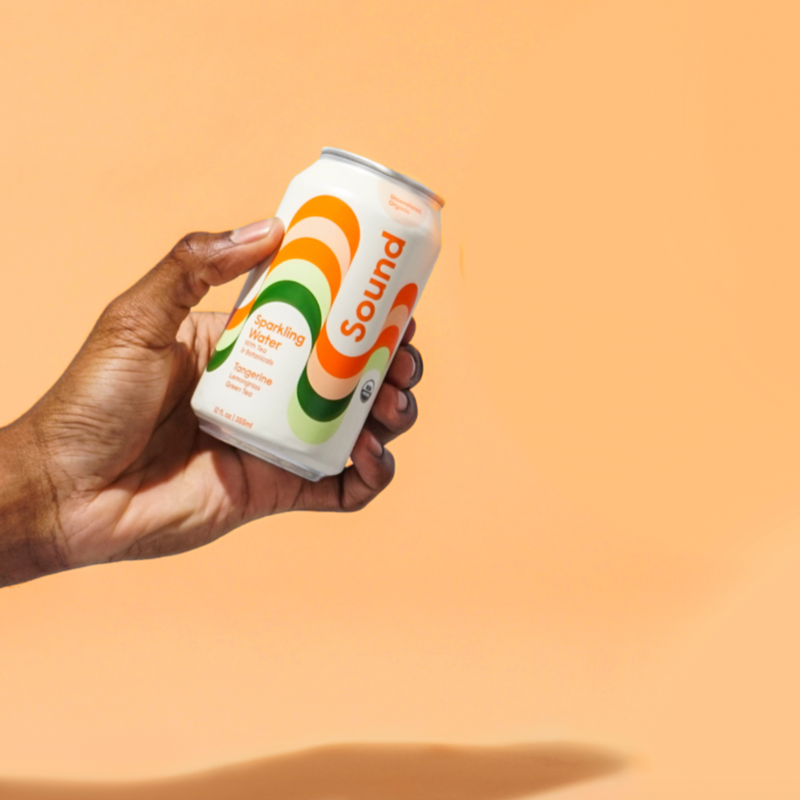What is BPA?
Bisphenol A, otherwise known as BPA, is an industrial chemical that is frequently used to make plastic, among other materials.
Why should I care about it?
BPA can leach from packaging (think: plastic bottles and containers) into our food and beverages, especially when heated .* Outside of the plastic bottles that are mostly thought of as the BPA culprits, it can also be found in receipts and in aluminum cans. It can also be transmitted to breast milk when mom consumes it.
What’s the harm?
BPA has been found to be an endocrine disruptor. An endocrine disruptor is any substance that interferes with the body’s regular hormone function. BPA specifically mimics the hormone estrogen, and that can cause a whole host of harm in the body (for both men and women).
Here are a few research-backed reasons to avoid it**:
o Reproductive issues: BPA can be damaging to ovarian development, which may harm fertility. Excess ingestion has been linked to male infertility as well, with BPA harming sperm quality and quantity.
o Behavior issues: exposure in childhood has been associated with increased levels of anxiety, depression, and hyperactivity.
o Immune health: BPA has been considered to be a potential contributor to the development of immune-related diseases including diabetes, allergies and other autoimmune conditions. It has even been linked to cancer in some animal studies.
I saw that my plastic is now BPA-free. Isn’t that better?*
Nowadays, BPA is being replaced in more and more products, but that leads to another question. What is it being replaced with? The answer is hard to say. Sometimes it is BPS (aka bisphenol S). The studies that have been done thus far show that BPS appears to potentially be slightly less harmful on the scale of the above BPA effects, but probably not much different truthfully; more studies still need to be done.
Why do your cans say “BPA-NI”?
Because BPA is so prevalent in our environment, it is impossible to truly say that something is ‘BPA-free.’ Aluminum cans manufactured without the use of BPA are called “BPA-Non Intent” (or “BPA-NI”); our suppliers do not use any bisphenols in the production of our cans. When you see brands calling out “BPA-Free”, they are actually just taking a bit of poetic license. While BPA-Free and BPA-NI are communicating the same thing, we prefer to give you the facts.
How to Take Action:
-
Stay away from plastic, the biggest culprit of BPA consumption!
-
If you are in a situation where you have to use plastic, never heat it.
-
Use primarily glass and re-use if possible.
-
When choosing cans, try to learn more about the brand you’re buying from to be sure their BPA-Free product is replaced with a better-for-you alternative. SOUND’s cans do not use bisphenols, and instead we use a spray that is safe per both North American and European standards.
*To avoid bisphenols, stay away from products with the number ‘7’ on the container. Also, avoid the number ‘6’ which identifies styrene and ‘3’ as this identifies phthalates. According to the American Academy of Pediatrics (AAP), phthalates may increase the risk for obesity and heart disease. Styrene may be a carcinogen.
**Note these are potential effects, not definitive.
